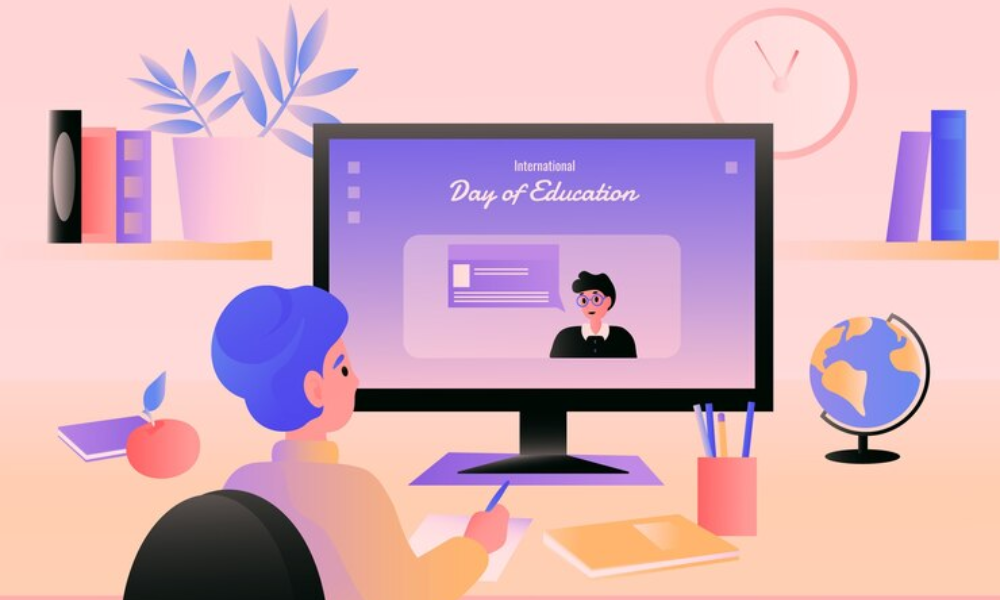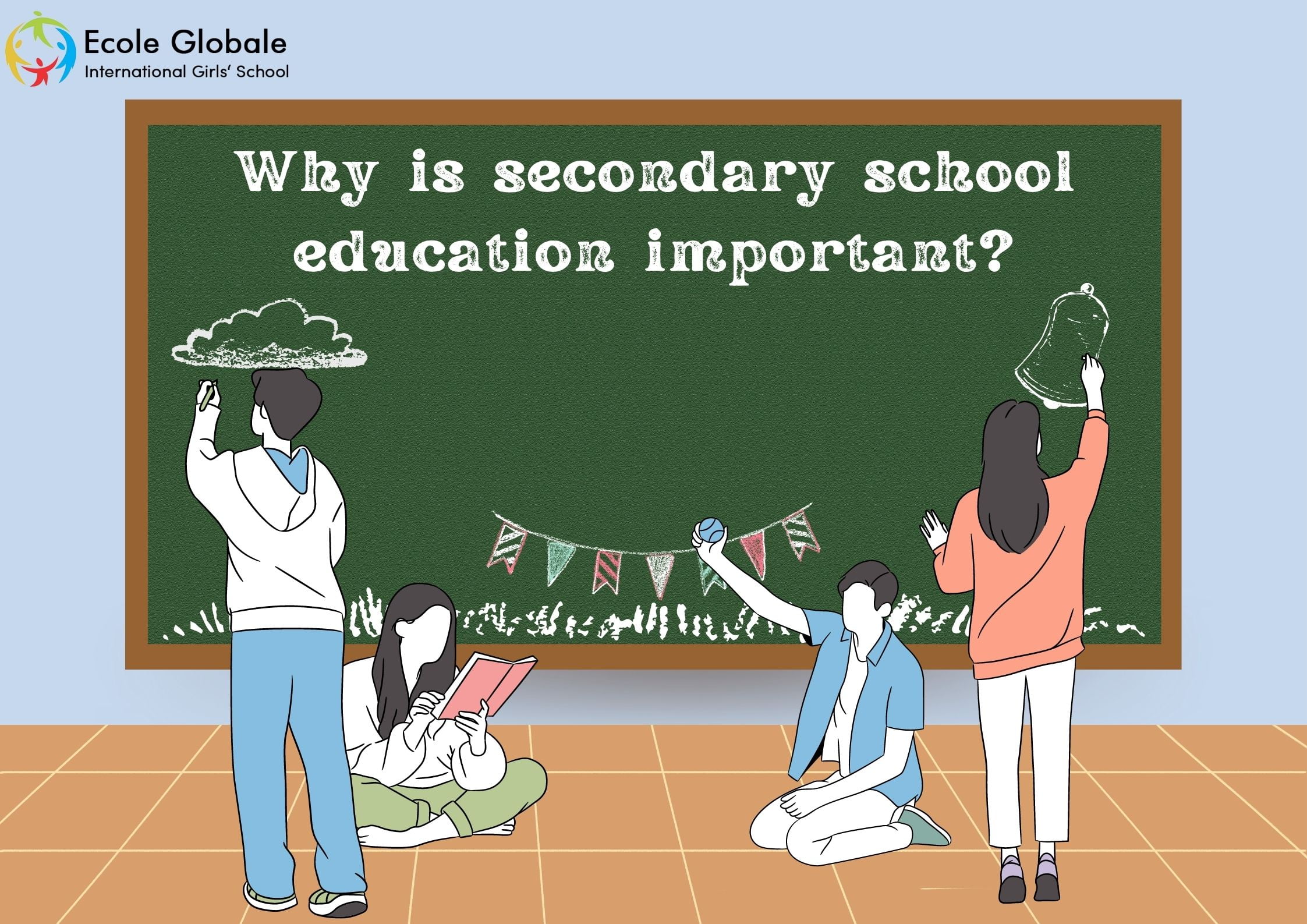Secondary education is a key stage in your learning journey. It sets you up for college and helps you build a successful career. It’s not just about academic knowledge but also about growing as a person, improving social skills, and learning practical things you’ll need in life.
Academic Development: Secondary Education

Expanding Knowledge and Critical Thinking
In secondary school, you study a variety of subjects in depth. This helps you think critically and develop analytical skills, which are important for college and your future job. Engaging with diverse subjects, from mathematics to literature, not only broadens your knowledge base but also trains you to approach problems systematically and creatively.
Preparing for Higher Education
Secondary school gives you the foundation you need for college. It ensures you are ready to face the challenges of higher education. The rigorous academic training you receive helps you adapt to the demanding college curriculum, making the transition smoother and less stressful.
Social and Personal Growth

Building Social Skills and Relationships
Secondary school is a place where you meet peers, work in teams, and build friendships. These experiences help you develop social skills. Learning to communicate effectively, cooperate with others, and manage conflicts are vital skills that benefit you in both personal and professional life.
Encouraging Personal Growth
By joining extracurricular activities and exploring different subjects, you discover your interests and talents. This boosts your self-confidence and helps you form your identity. Participating in clubs, sports, and arts allows you to pursue your passions and develop a well-rounded personality.
Career Opportunities and Vocational Training

Vocational Education
Many secondary schools offer vocational programs. These programs teach you practical skills and provide certifications that make you more employable. Whether it’s automotive technology, culinary arts, or healthcare, vocational training equips you with the expertise needed to enter the workforce directly or pursue further specialized education.
Gateway to Professions
Earning a high school diploma opens up various career opportunities. It’s a critical step towards financial stability and professional success. Graduates are eligible for a wider range of jobs and are more likely to secure positions that offer career growth and higher salaries.
Practical Skills and Financial Literacy

Essential Life Skills
In secondary school, you learn important life skills like managing money, using technology, and managing your time effectively. Courses in home economics, personal finance, and computer literacy ensure that you are prepared for the practical aspects of adult life.
Enhancing Employability
The skills you gain in secondary school make you more employable. Better job prospects lead to higher income potential. Employers value candidates who possess not only academic knowledge but also practical abilities and a good work ethic, which are cultivated during secondary education.
Contribution to Society and Civic Responsibility

Fostering Responsible Citizens
Secondary education teaches you values like empathy, tolerance, and civic responsibility. These lessons prepare you to contribute positively to society. Understanding social issues, participating in community service, and learning about democratic processes instill a sense of civic duty and encourage active participation in societal improvement.
Reducing Inequality
By providing equal learning opportunities, secondary education helps reduce inequality and promotes social mobility. It ensures that students from all backgrounds have access to quality education, which is a fundamental step in breaking the cycle of poverty and creating a more equitable society.
Access to Educational Resources

Enhancing Learning Experiences
Schools offer access to libraries, labs, and other facilities that enrich your learning experience. These resources help you apply what you learn in practical ways. For example, science labs allow you to conduct experiments that solidify theoretical knowledge, while libraries provide access to a vast array of information and literature.
Promoting Independent Research
Secondary education encourages you to think independently and conduct your own research. This broadens your knowledge and fosters a love for learning. Engaging in research projects and assignments hones your ability to gather, analyze, and present information, which is invaluable in higher education and professional environments.
Conclusion
Secondary education shapes you into a well-rounded individual. It provides the knowledge, skills, and values you need for personal growth and professional success. It helps you develop academically, socially, and personally, setting you up for a bright future. As you progress through secondary school, you are not only preparing for the next academic step but also building the foundation for a fulfilling and successful life.
Frequently Asked Question
Q1. Why is secondary education important?
Answer. It prepares you for higher education, develops social skills, and teaches practical life skills.
Q2. What subjects are covered in secondary education?
Answer. You study a variety of subjects including math, science, history, languages, and more.
Q3. How does secondary education help in career planning?
Answer. It offers vocational training and foundational knowledge for various career paths.
Q4. Can I develop social skills in secondary school?
Answer. Yes, through group activities, teamwork, and interacting with peers.
Q5. What are the benefits of vocational education in secondary school?
Answer. It provides practical skills and certifications that enhance employability.









